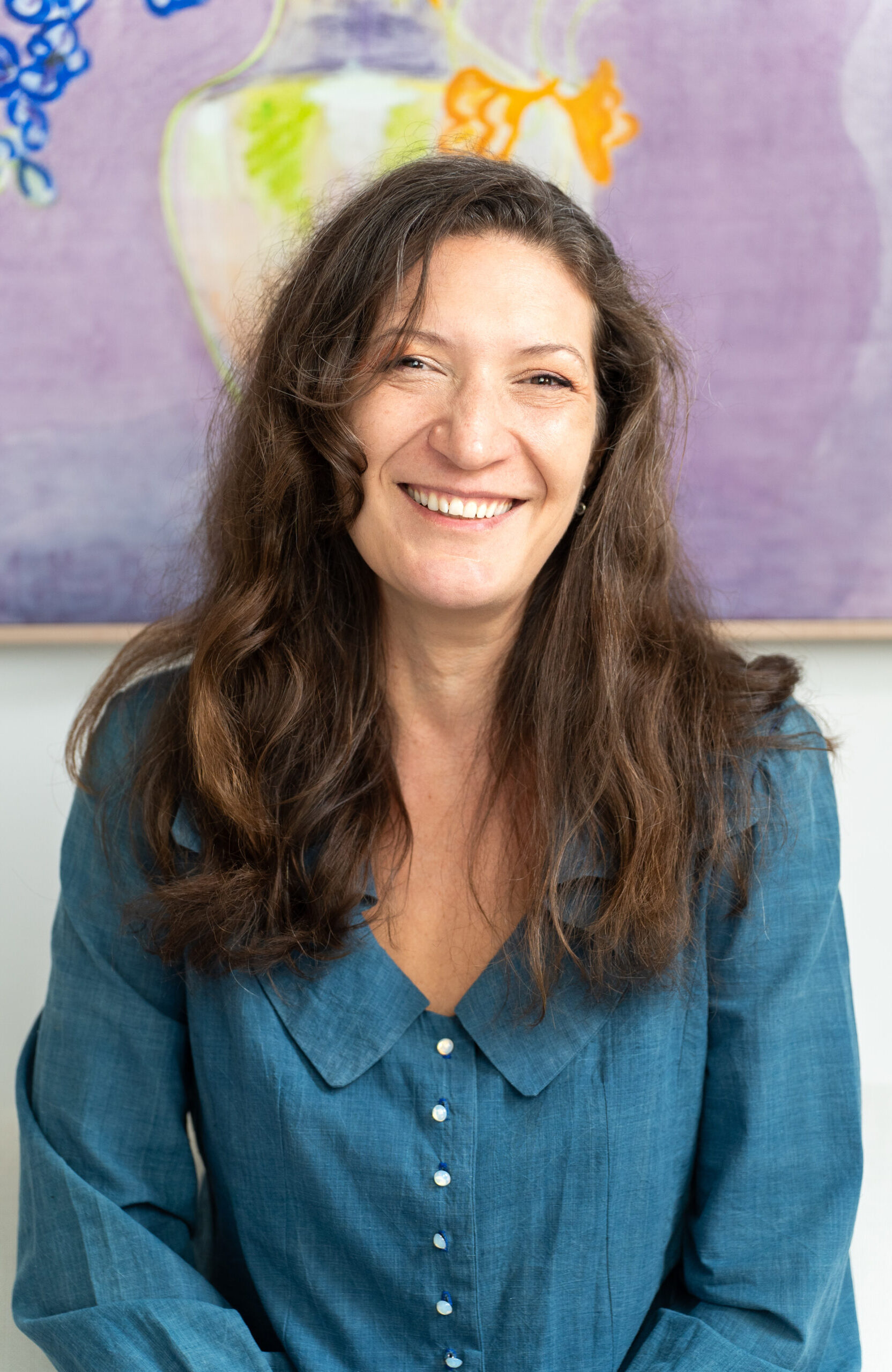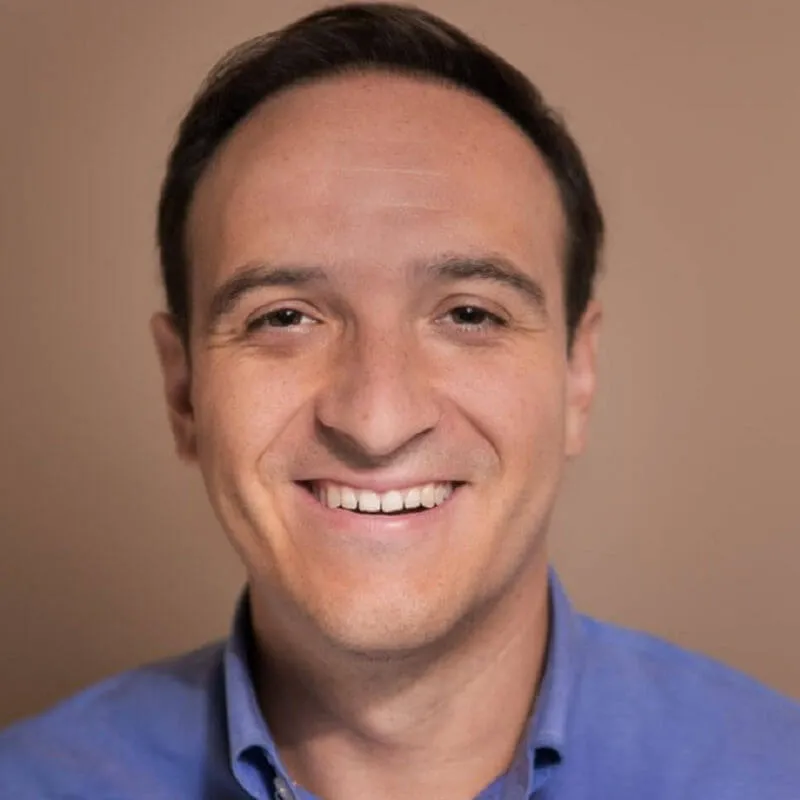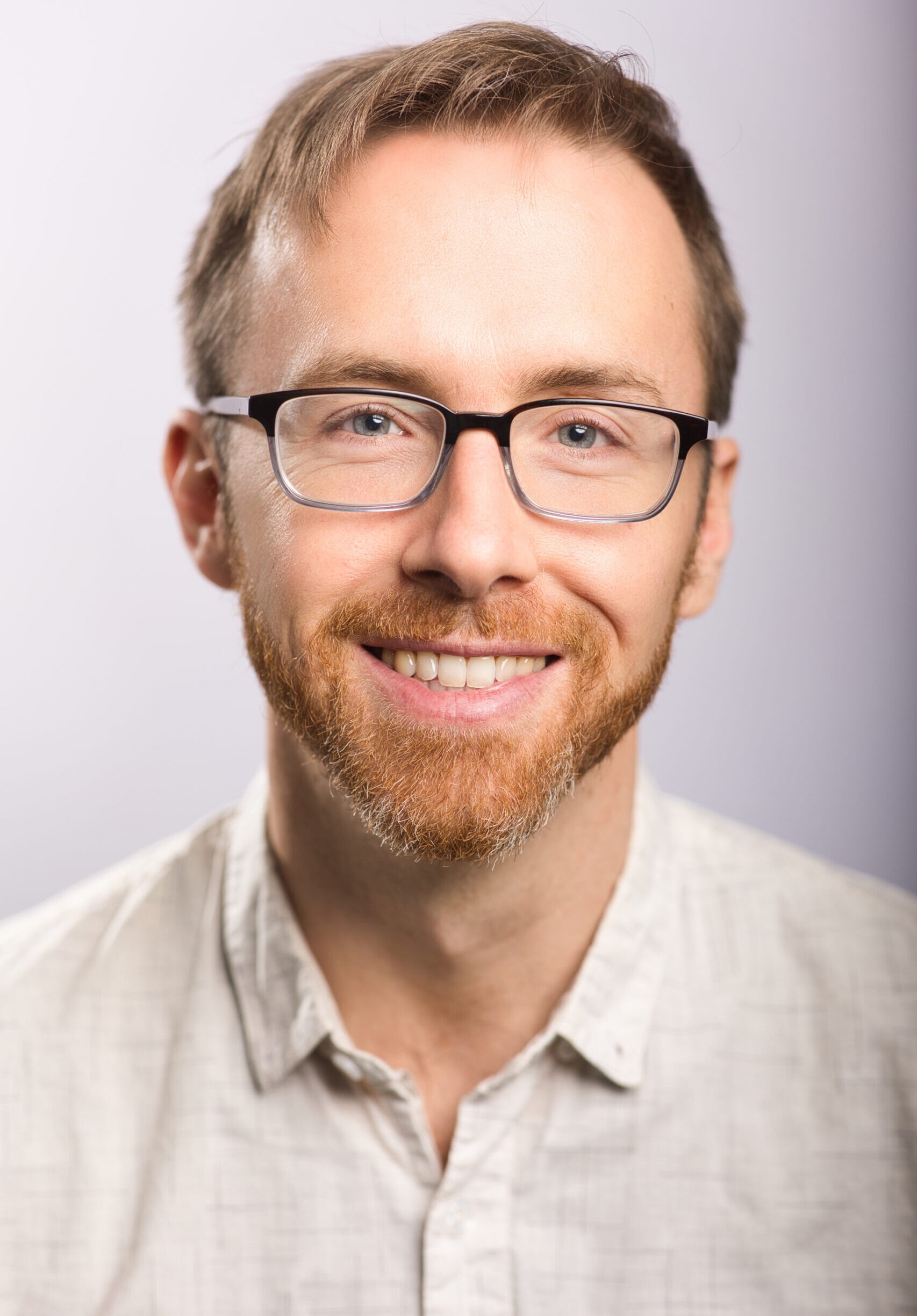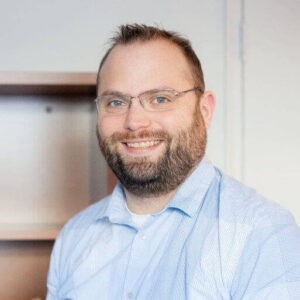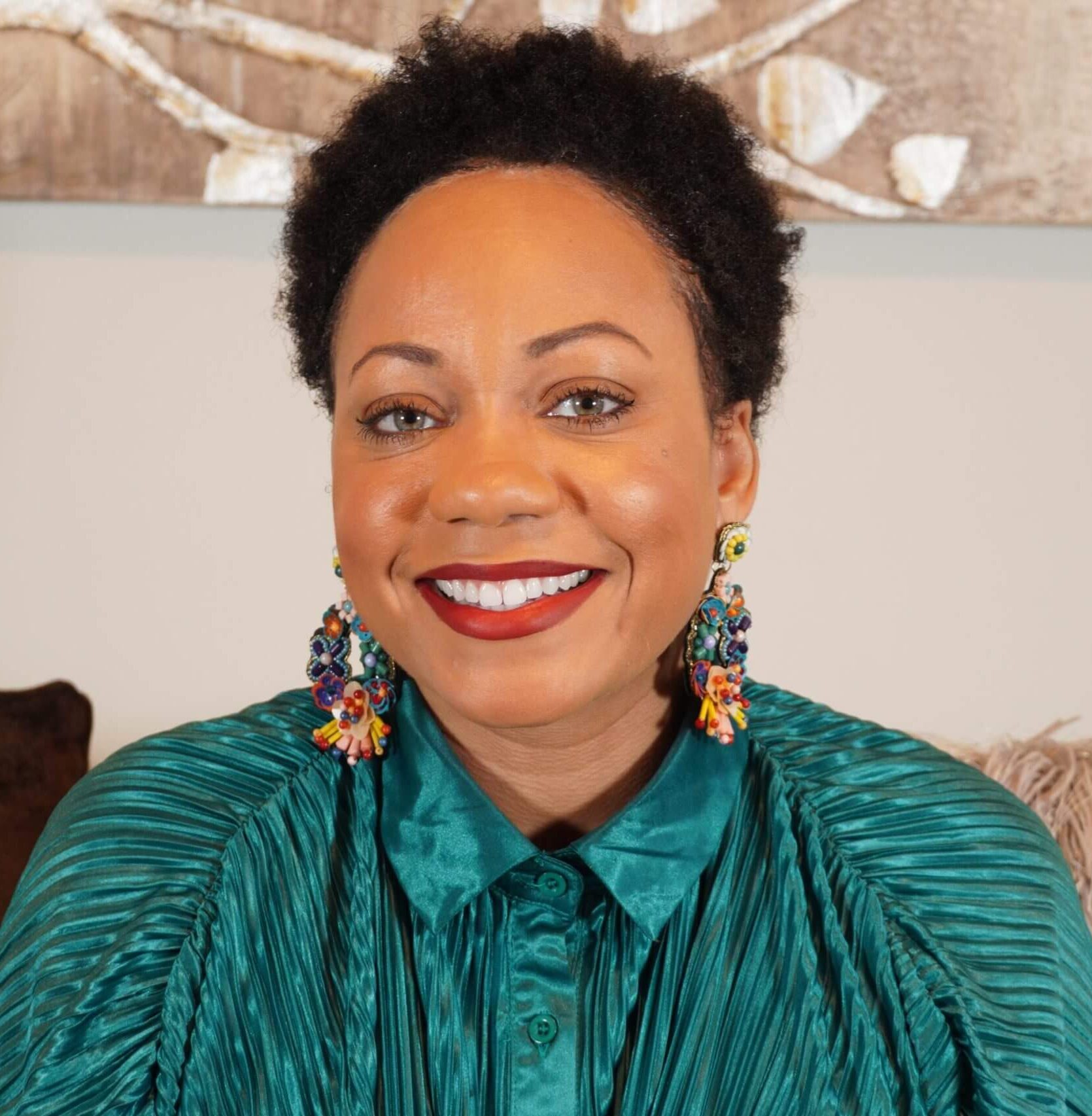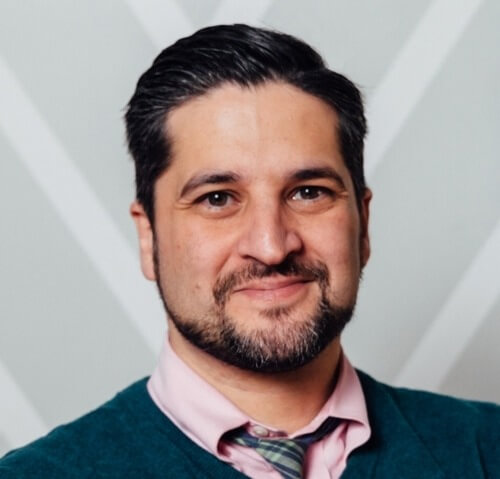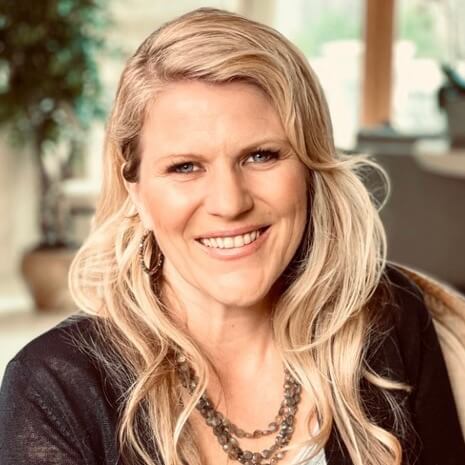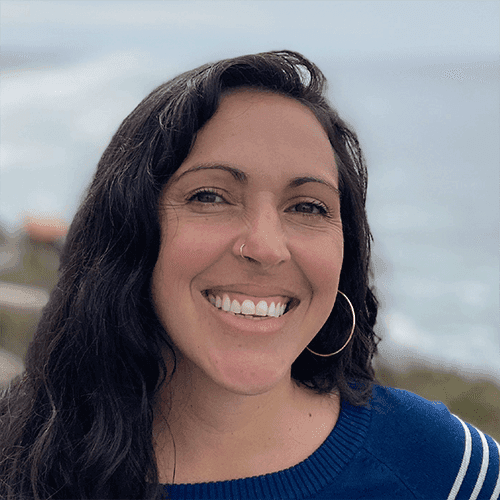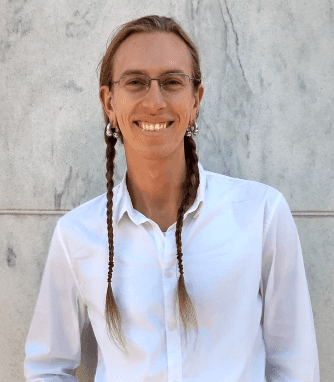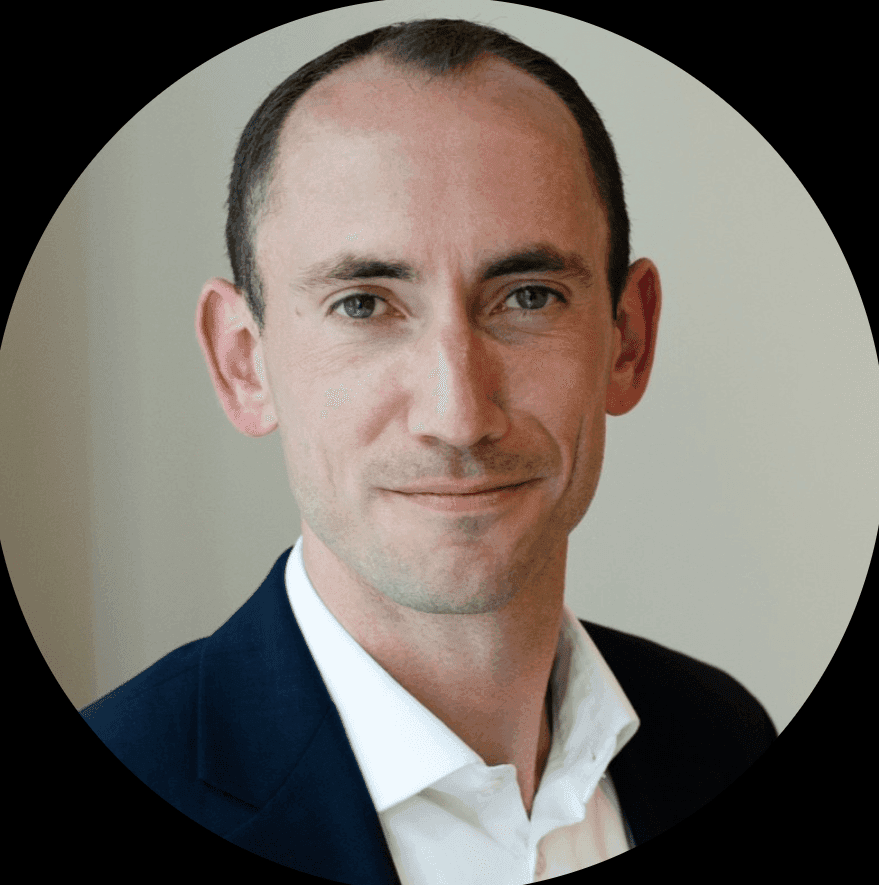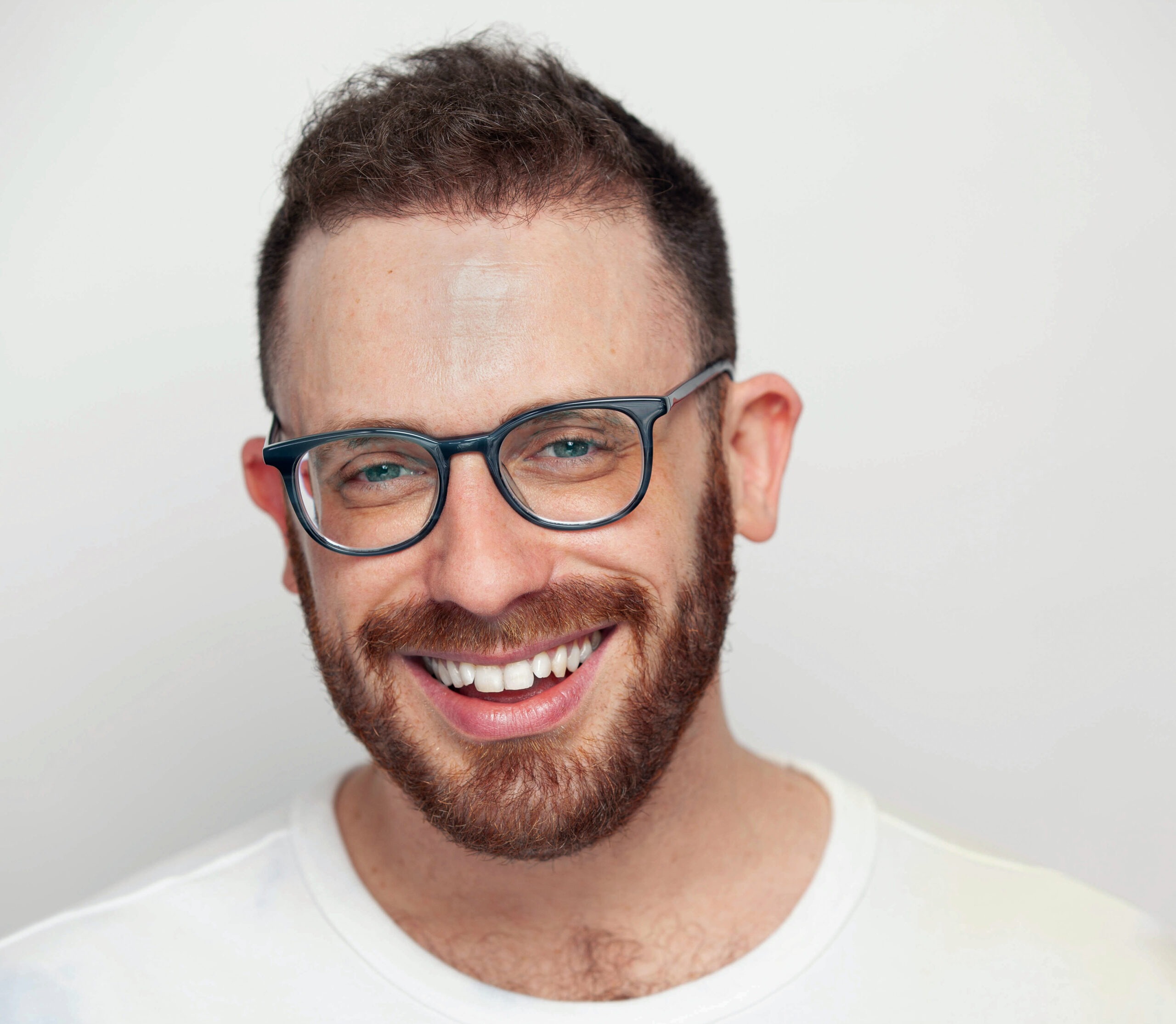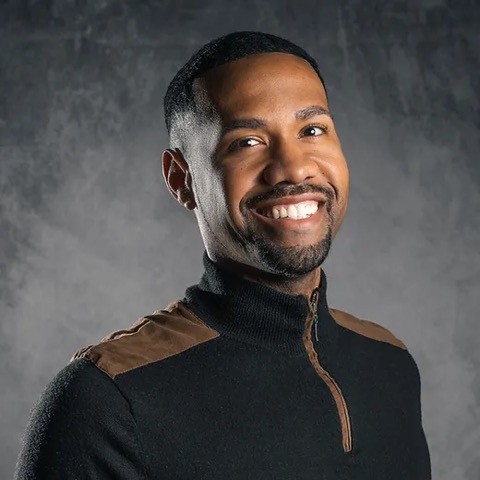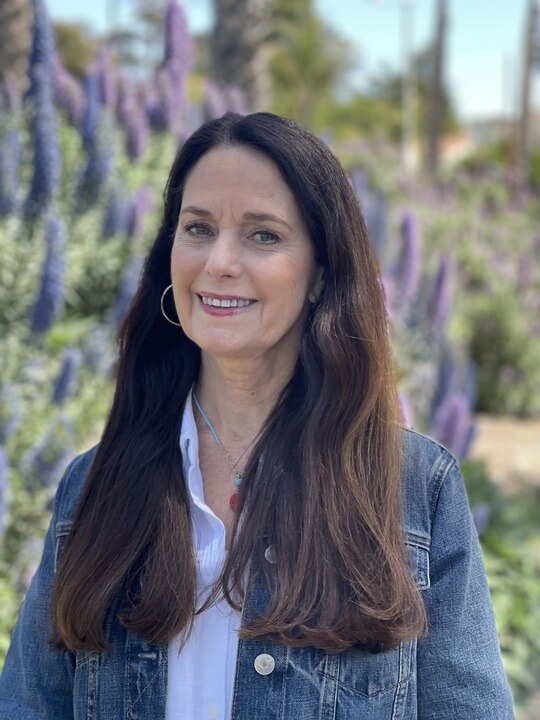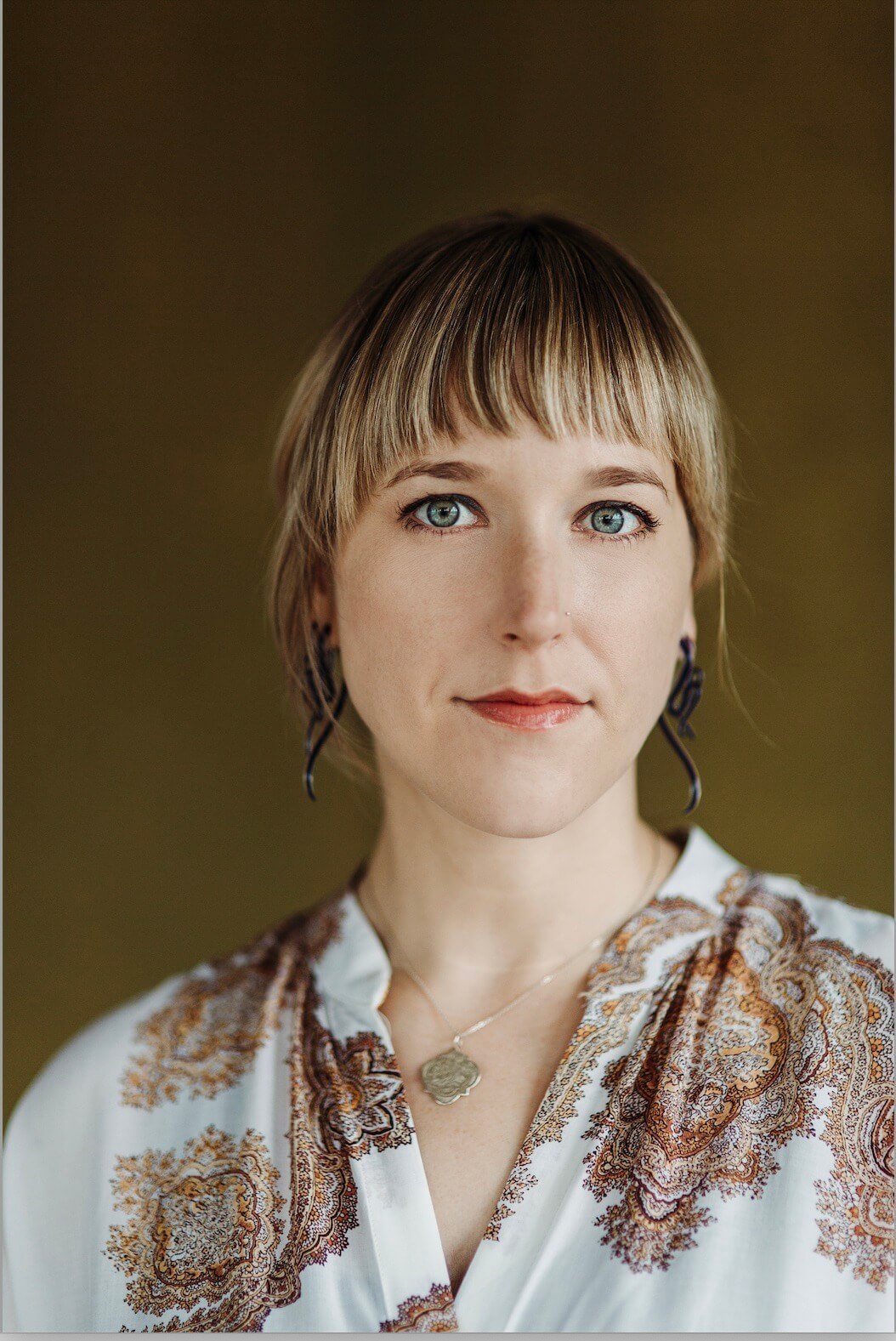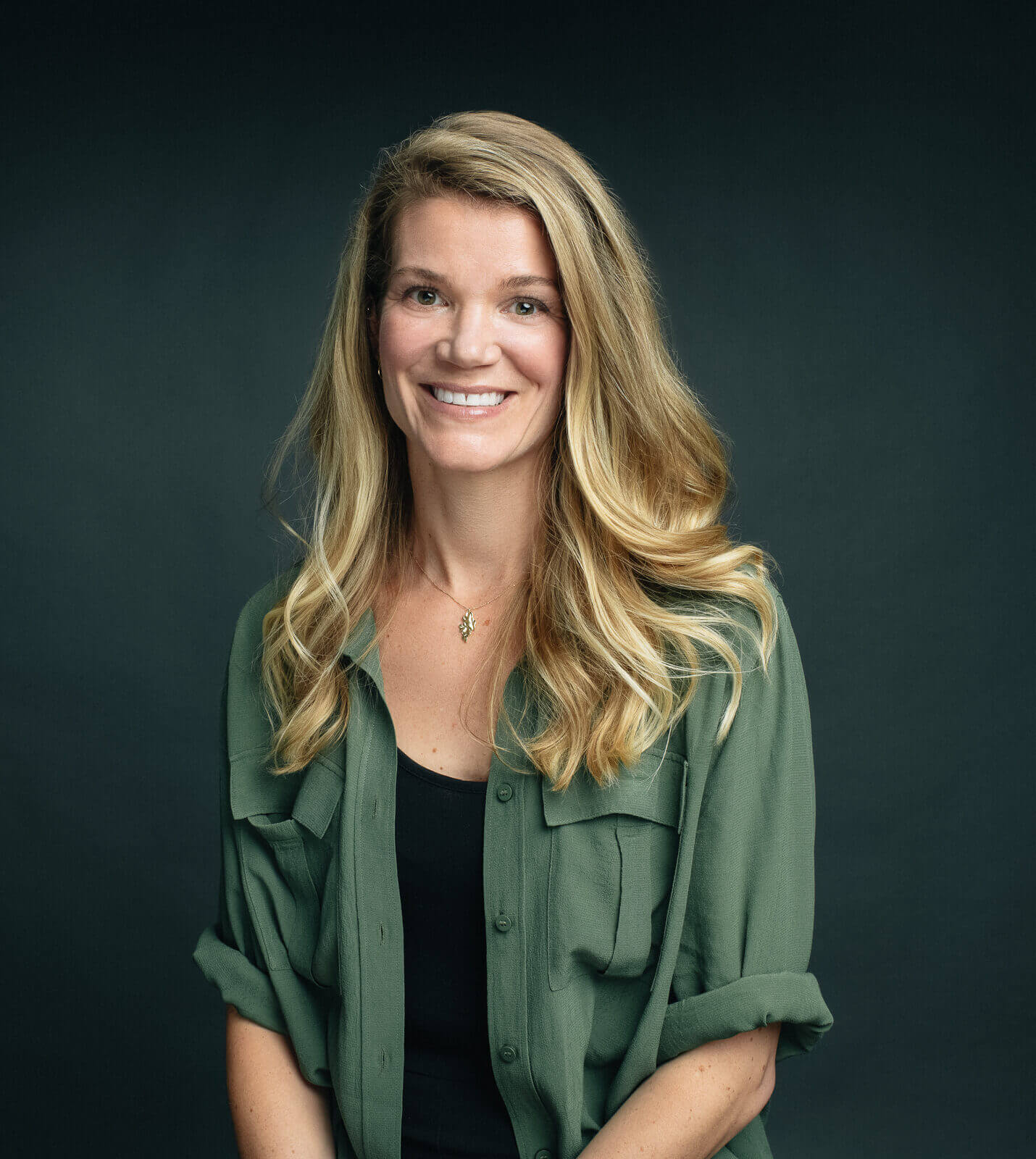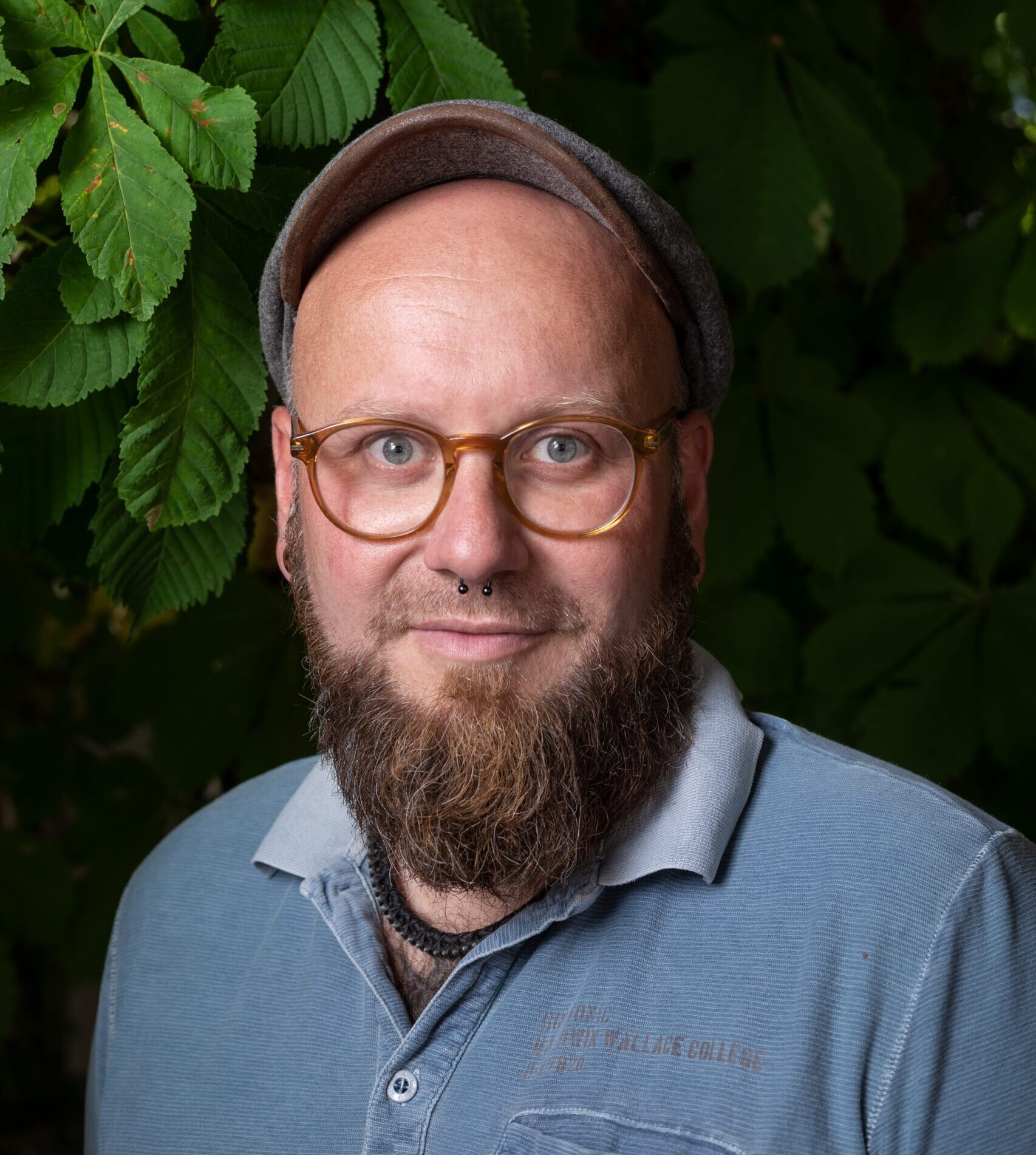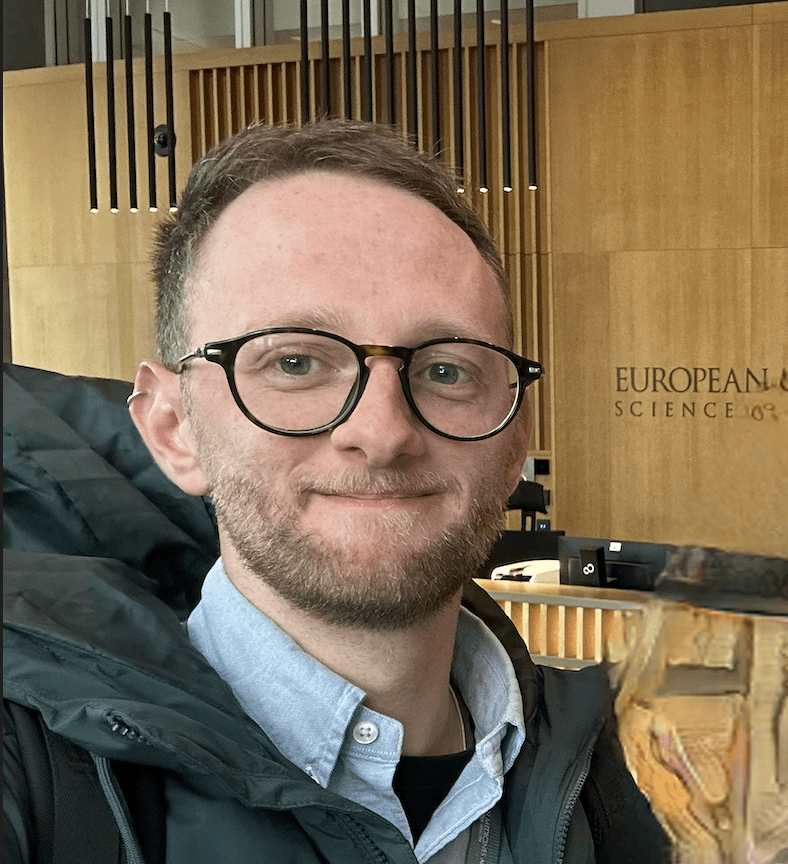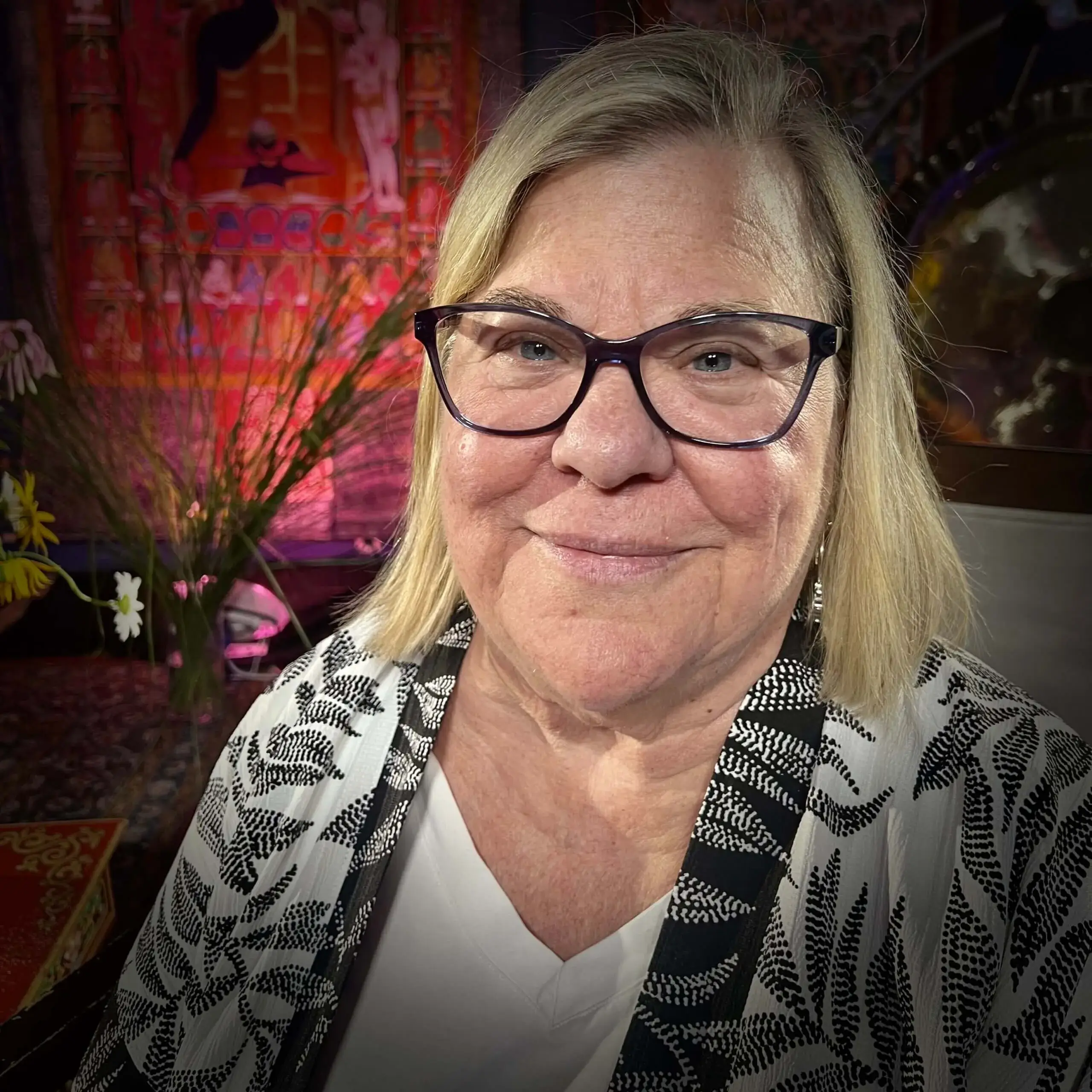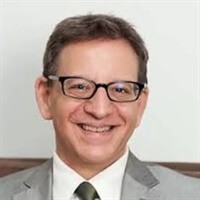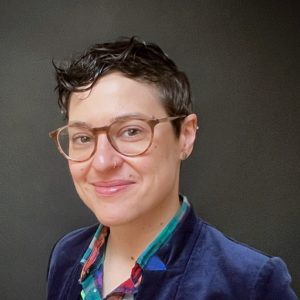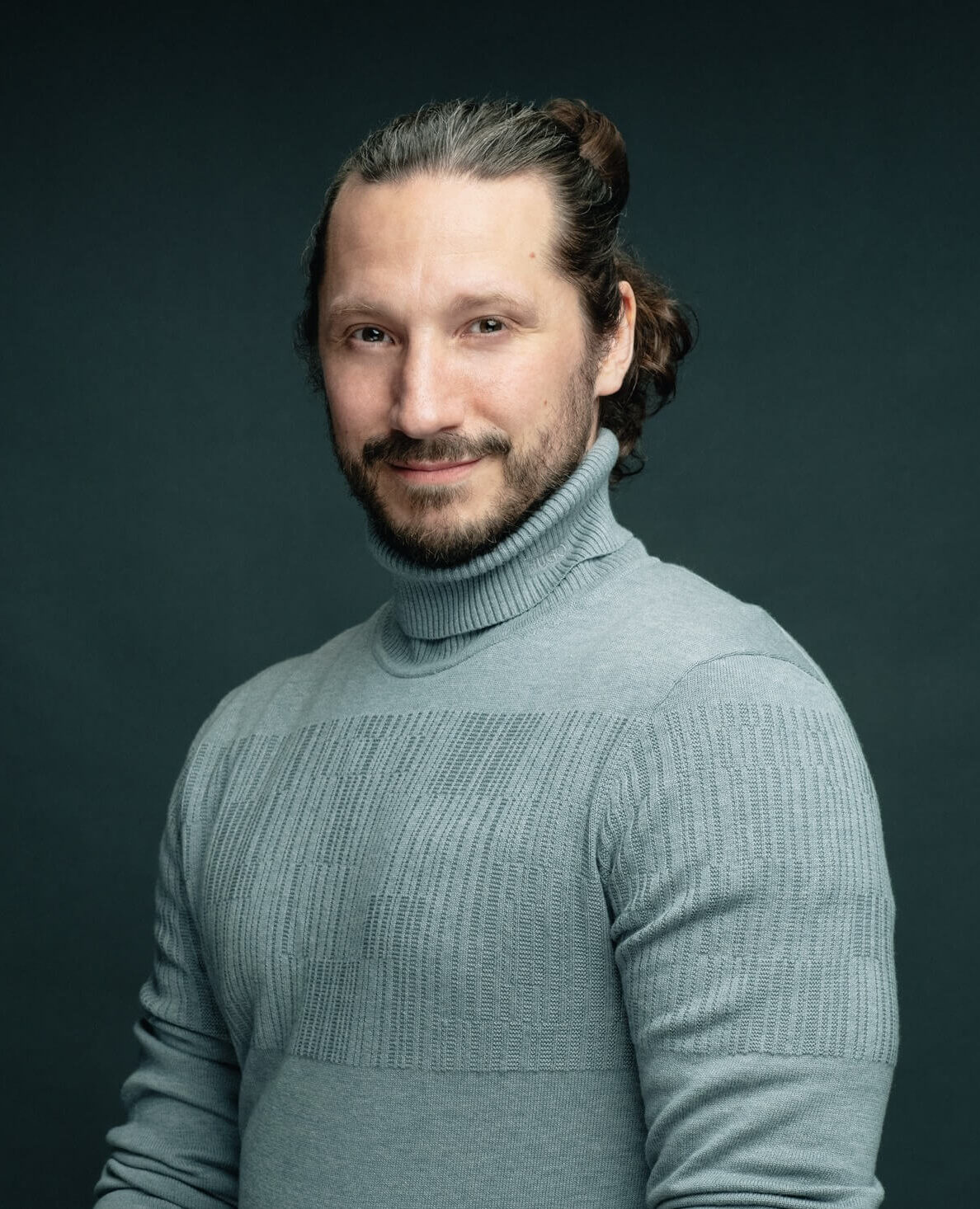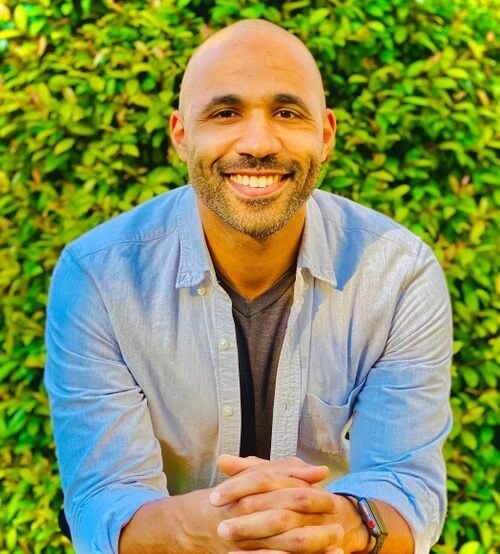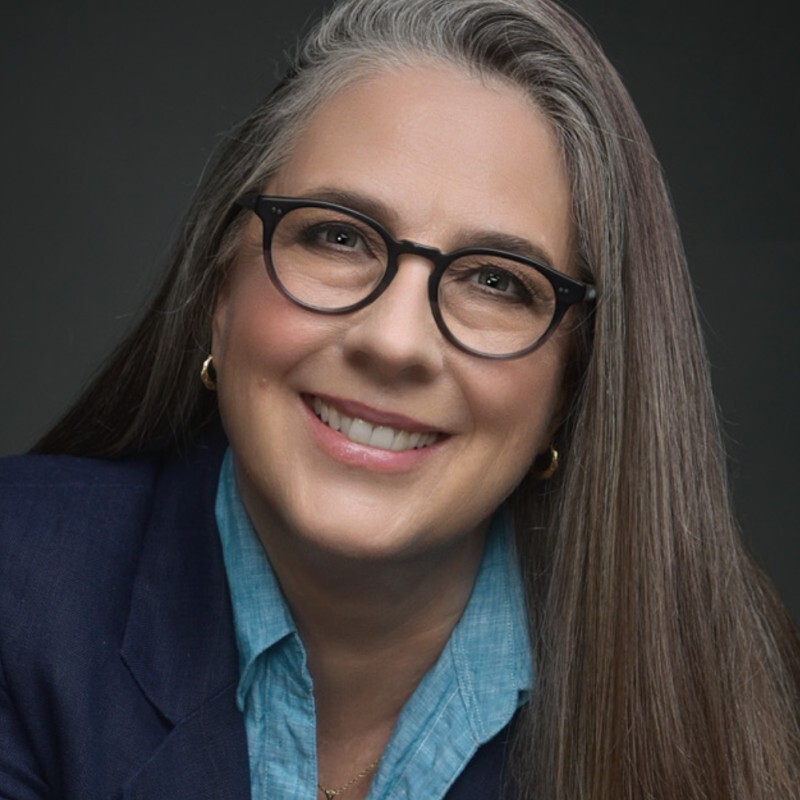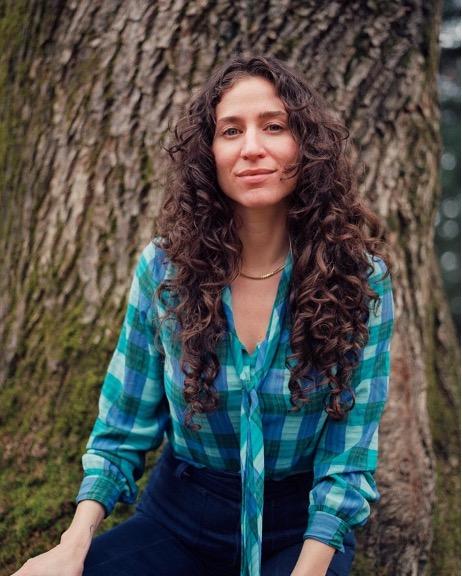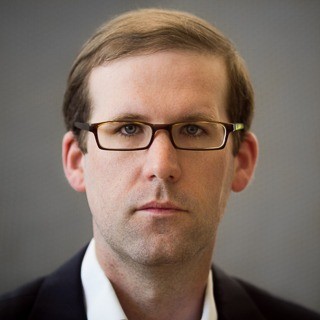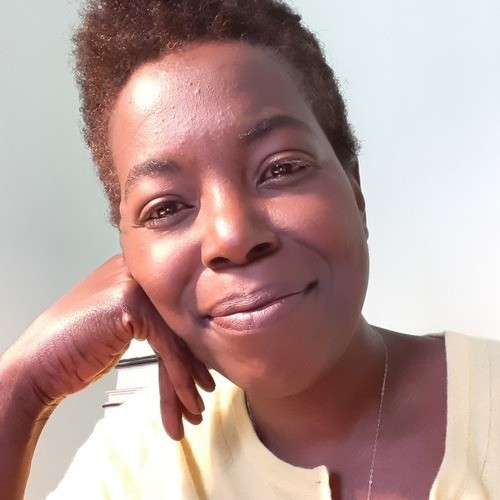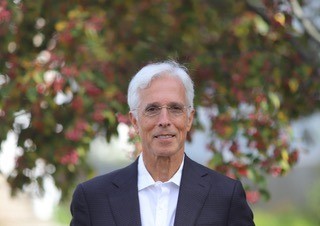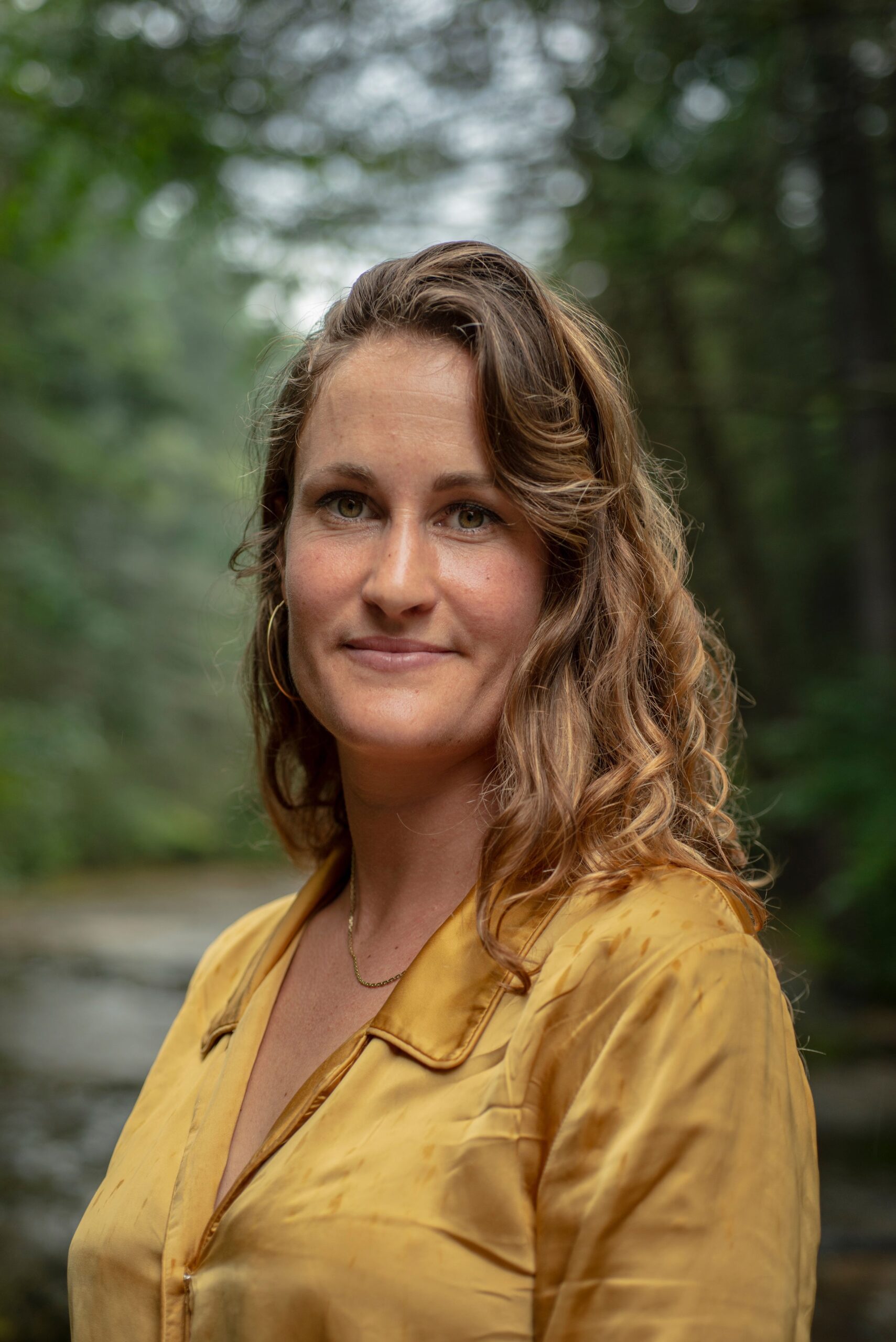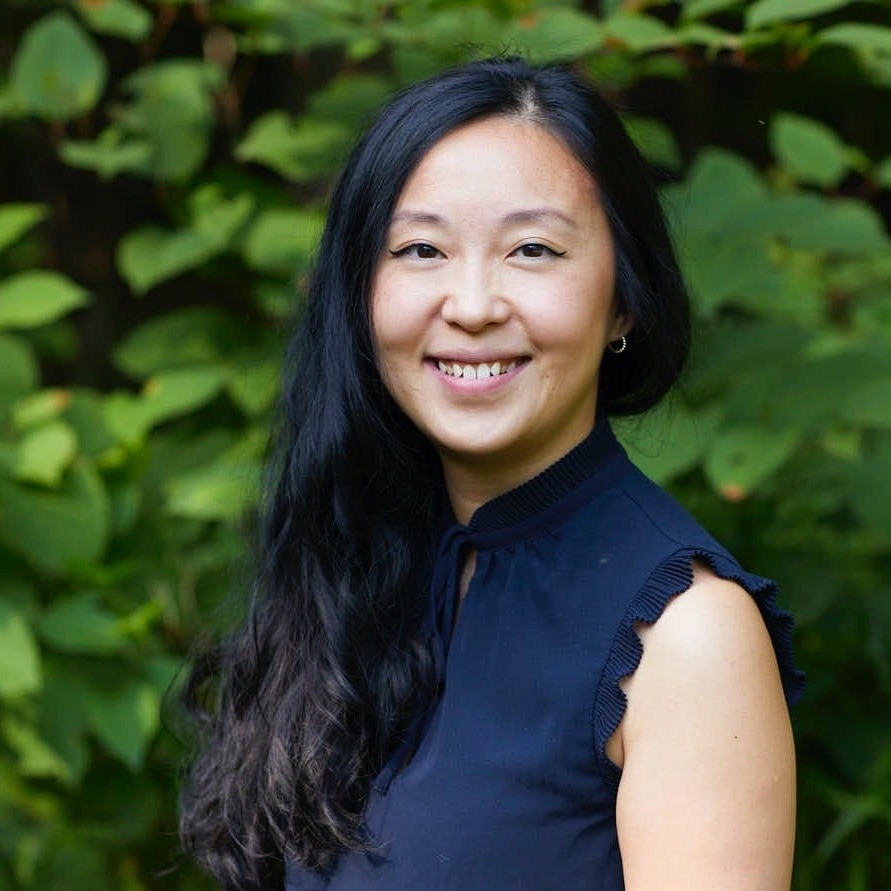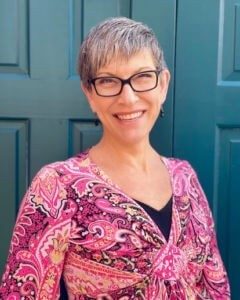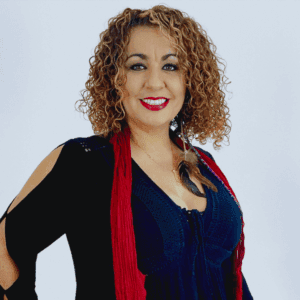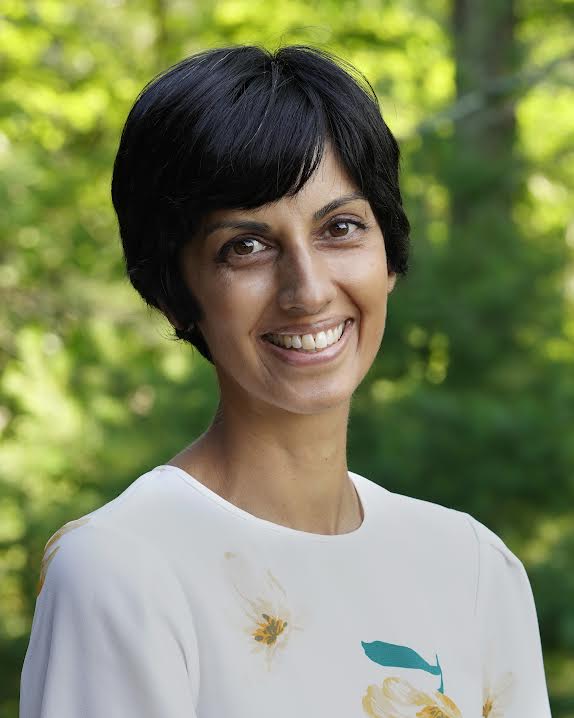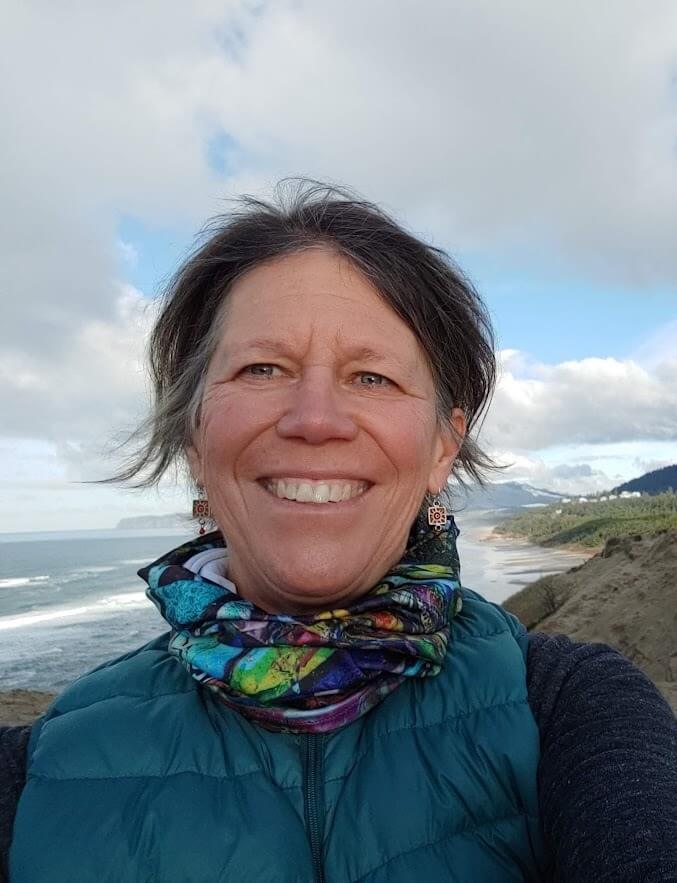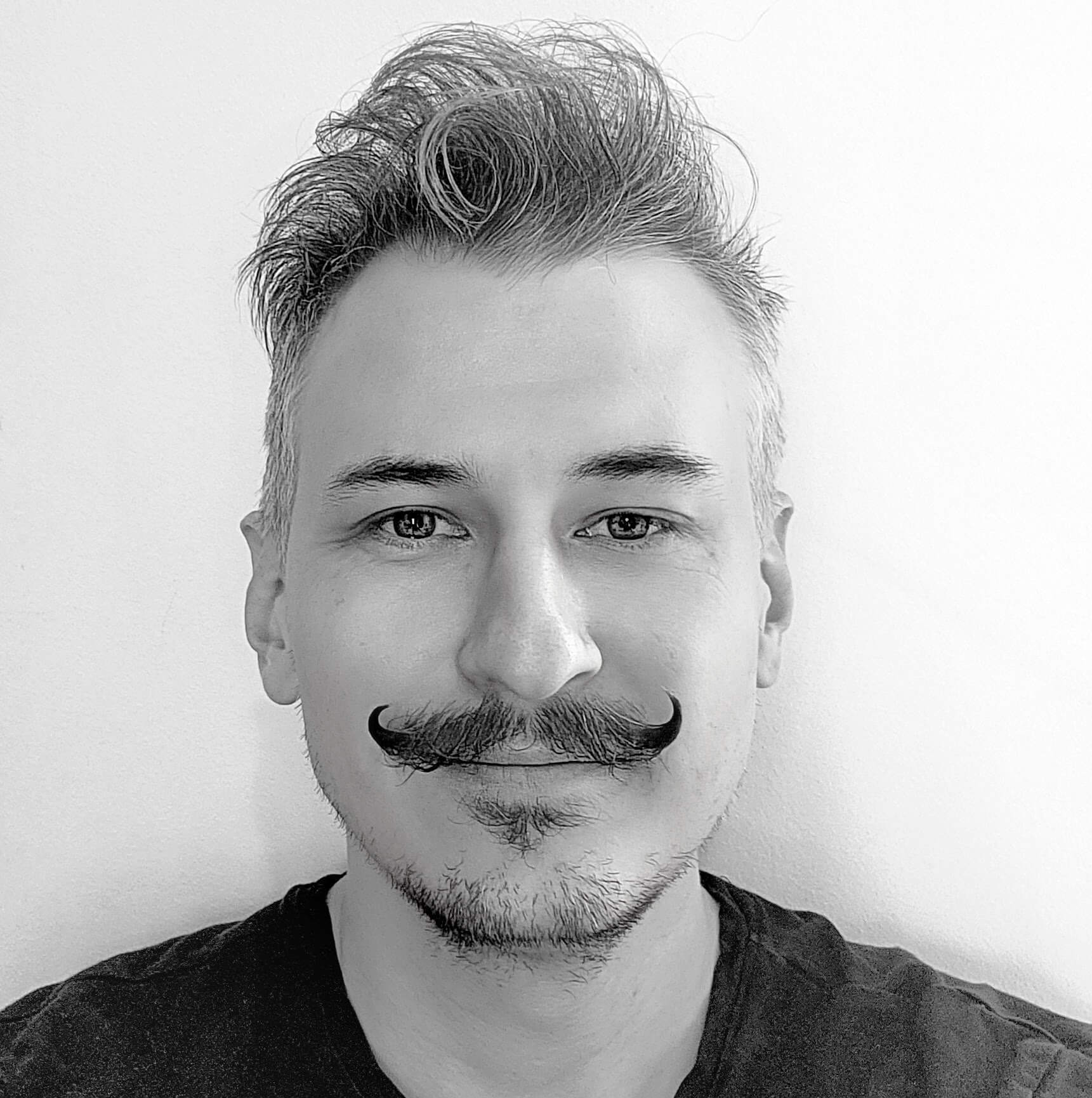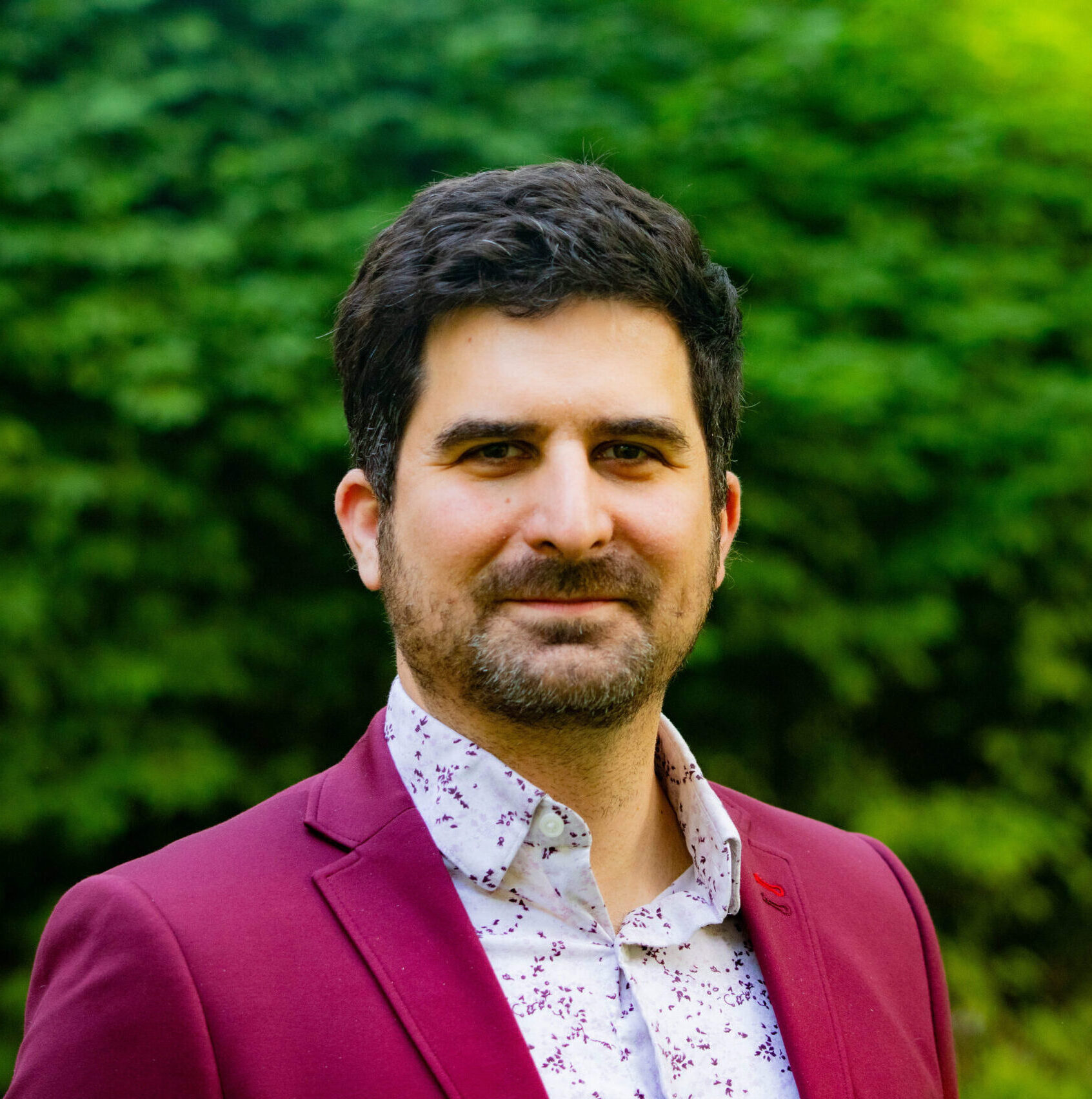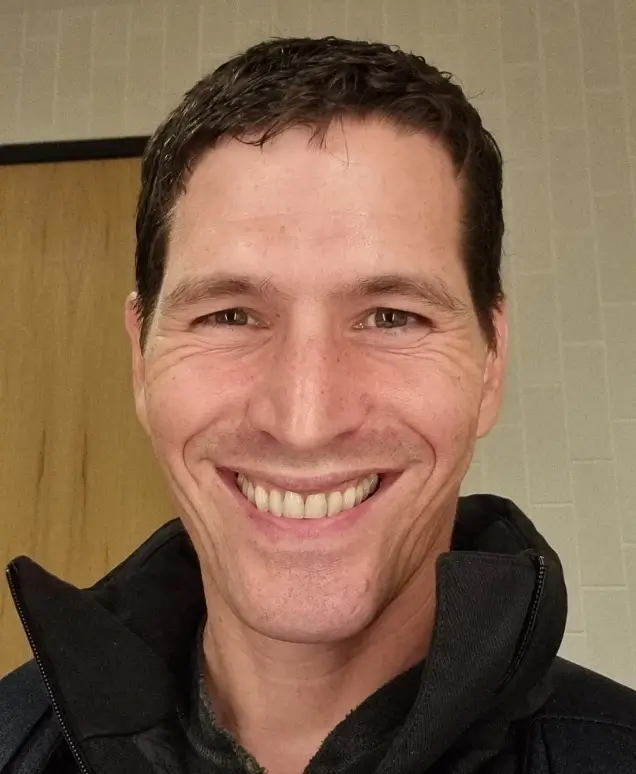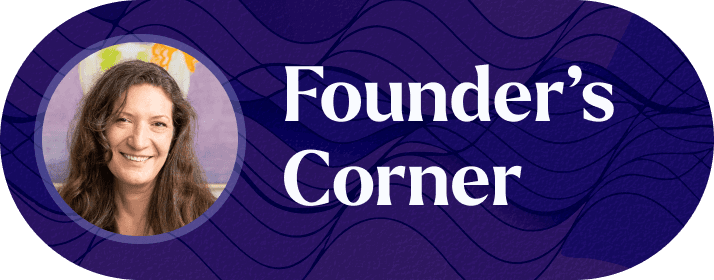Fluence boasts some of the top researchers, clinicians and experts in psychedelic therapy and integration, many of whom are also part of our administrative team.
Training Faculty
Alexander Camargo, PsyD
Certificate Programs Admissions Director & Trainer
Bill Brennan, PhD
Trainer
Brian Pilecki, PhD
Psilocybin-Assisted Therapy Certificate Program Advisor and Trainer
Candace Oglesby, LCPC
Trainer
Casey Paleos, MD
Trainer
Chantelle Thomas, PhD
Trainer
Chenae Garcia, LCSW
Trainer
CJ Healy
Trainer
Dan Roberts, MD, MSW
Trainer
Daniel Abzug, MSW, LCSW-C
Trainer
Dante Brown, LCPC
Trainer
Denise Rue, LCSW
Trainer
Dominique Morisano, PhD
Trainer
Donna Sorgen, LMHC, LPC
Trainer
Elin Stahre, MSc
Trainer
Filip Tylš, MD, PhD
Trainer
Grzegorz Kuczyński, MD
Trainer
Jayne Gumpel, LCSW
Trainer
Jeffrey Guss, MD
Psychoanalytic Program Director and Trainer
Jess M. Jones, LCSW
Trainer
Johan Eriksson, MSc
Trainer
Joseph McCowan, PsyD
Trainer
Julia Pinsky, LMFT
Trainer
Kayli Howard
Trainer
Kelan Thomas, PharmD, MS, BCPP
Trainer
Kelly Sykes, PhD
Trainer
Lawrence Fischman, MD
Trainer
Leah Gooch, Ed.M, 500RYT
Trainer
Lisa Wang, MD
Trainer
Mandy Miller, LMFT
Trainer
Maysa Alavi, MD
Trainer
Megan Rundel, PhD
Trainer
Mia Sarno, PsyD
Trainer
Rebecca Kronman, LCSW
Trainer
Sabina Sehgal, PhD
Trainer
Sabrina Santa Clara, MA, LPC, R-DMT, IFS-CTC, RYT
Trainer
Sara Gael, MA, LPC
Trainer
Sarah Zoghbi, LPC
Trainer
Saundra Jain, MA, PsyD, LPC
Trainer
Seema Desai, MD
Trainer
Steph Barss, FNP, PMHNP
Psilocybin-Assisted Therapy Certificate Program Advisor
Xiaojue Hu, MD
Trainer
Staff
Aja Molinar, MA
Special Projects Manager and Trainer
Bapusaheb Patil
Senior AI & Design Lead
Dan MacCombie, LPC
Director of Product and Trainer
David Gumpel, MA
Director of Operations and Trainer
Drew Ribadeneyra
Senior Operations Coordinator
Joel Lopez, MA
Education Program Coordinator
Kabir Cooppan-Boyd
Marketing & Communications Manager
Lauren Okano, PhD MS
Associate Director of Research and Development
Rob Harris
Head of Video Production
Sheyla Morales
Production Coordinator



